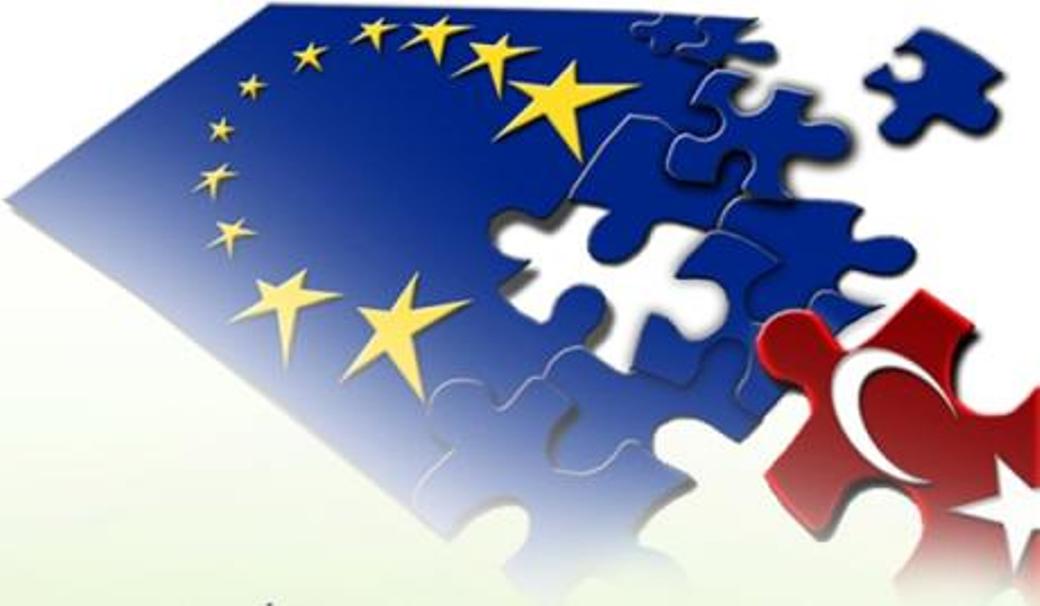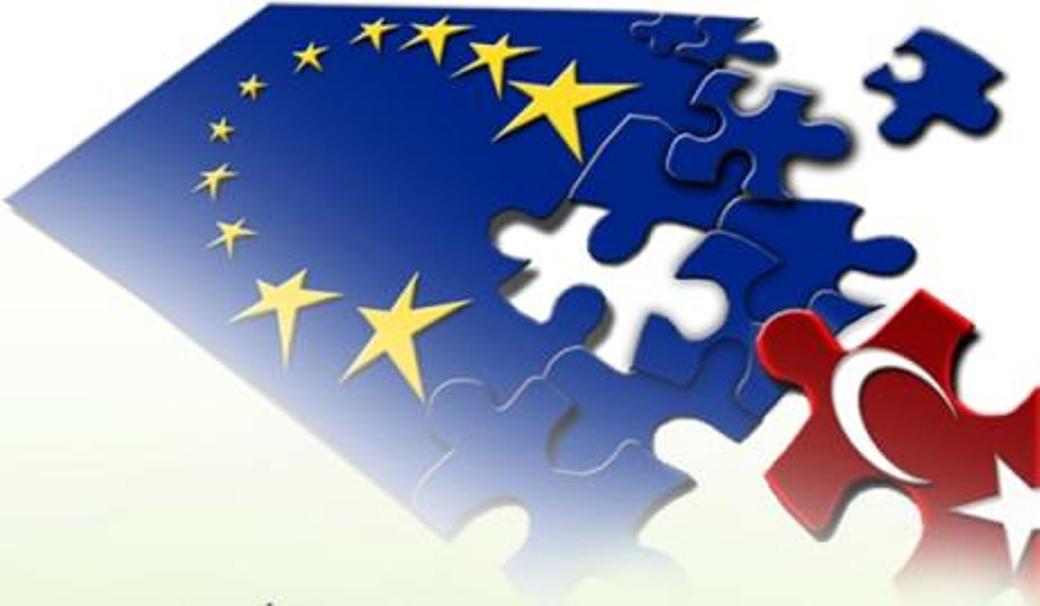
EU Foreign Affairs Council conclusions on Turkey
Statement of Stavri Kalopsidiotou, Member of the Cyprus Problem Department and of the C.C. of AKEL
AKEL C.C. Press Office, 17th December 2014, Nicosia
 In the Council Conclusions on Turkey extensive reference is made to the provocative stance which Ankara is demonstrating with regards its obligations concerning Cyprus. We note as positive the fact that the remarks regarding Turkey’s recent actions are included. Furthermore, the United Nations Convention on the Law of the Sea (UNCLOS) and the previous EU decisions are invoked with which Turkey is called upon to comply with. Particularly important is the reiteration of the reference to the necessary normalization of Turkey’s relations with the Republic of Cyprus, given that the recognition of all Member-States is a necessary component of the accession process. In addition, we also note that in the Conclusions the Council stresses that it expects Turkey to actively support the negotiations for the comprehensive solution of the Cyprus problem.
In the Council Conclusions on Turkey extensive reference is made to the provocative stance which Ankara is demonstrating with regards its obligations concerning Cyprus. We note as positive the fact that the remarks regarding Turkey’s recent actions are included. Furthermore, the United Nations Convention on the Law of the Sea (UNCLOS) and the previous EU decisions are invoked with which Turkey is called upon to comply with. Particularly important is the reiteration of the reference to the necessary normalization of Turkey’s relations with the Republic of Cyprus, given that the recognition of all Member-States is a necessary component of the accession process. In addition, we also note that in the Conclusions the Council stresses that it expects Turkey to actively support the negotiations for the comprehensive solution of the Cyprus problem.
Of course, given the current conditions and Turkey’s recent provocations against the sovereign rights of the Republic of Cyprus in its own Exclusive Economic Zone, we would have expected from the Council to categorically condemn Ankara and demand the immediate withdrawal of the Turkish NAVTEX (navigational telex).
At the same time, as regards the deletion of the proposal included in the draft Conclusions for the opening of Chapter 23 (Judiciary and Fundamental Rights) and Chapter 24 (Justice), although it satisfies us, we cannot ignore the fact that 14 European Union Member States insisted on their opening. While Turkey has carried out its well-known recent violations, other than the explicit disagreement of Greece and Austria with the opening of Chapters, no other member-state unequivocally supported the position of the Republic of Cyprus.
Unfortunately, once again, it has been demonstrated that the one-dimensional foreign policy pursued by the Anastasiades Government, as well as the erroneous handling on the Cyprus problem are damaging the international credibility and political shield of support we had achieved during the previous government. We recall that in 2009 the unilateral freezing of six accession Chapters of Turkey by the Republic of Cyprus did not provoke the reaction of Cyprus’ fellow European member-states. Furthermore, nor did Cyprus subsequently come under pressure to open Chapters. Today, in adverse conditions for Turkey, given the crisis it itself has caused as a result of its own aggressive actions, unfortunately Cyprus is isolated and is receiving only minimal support from its EU partners.




